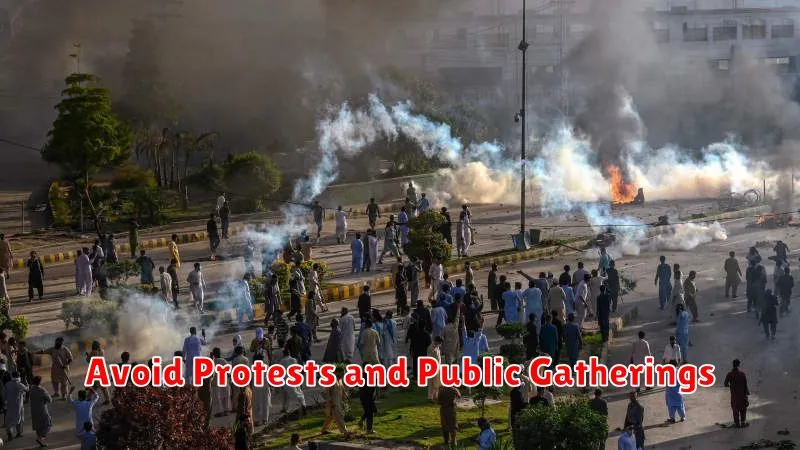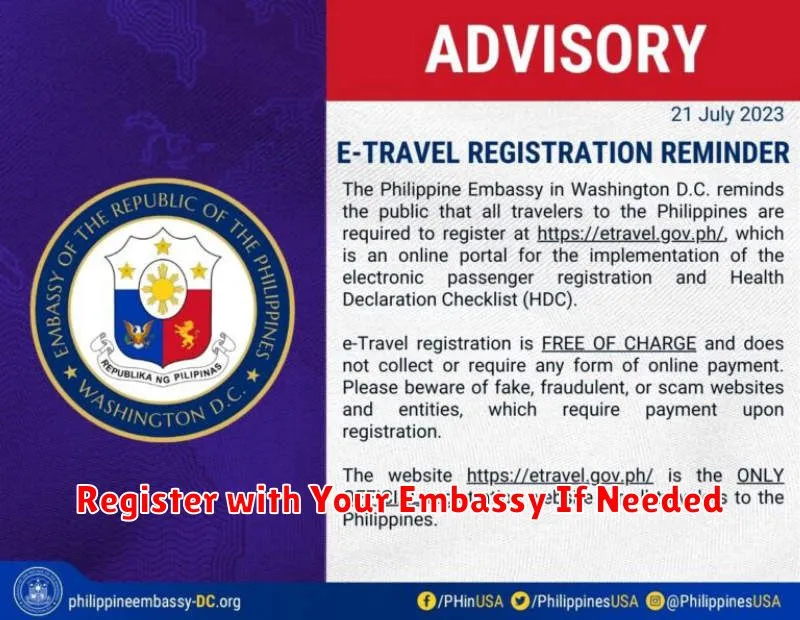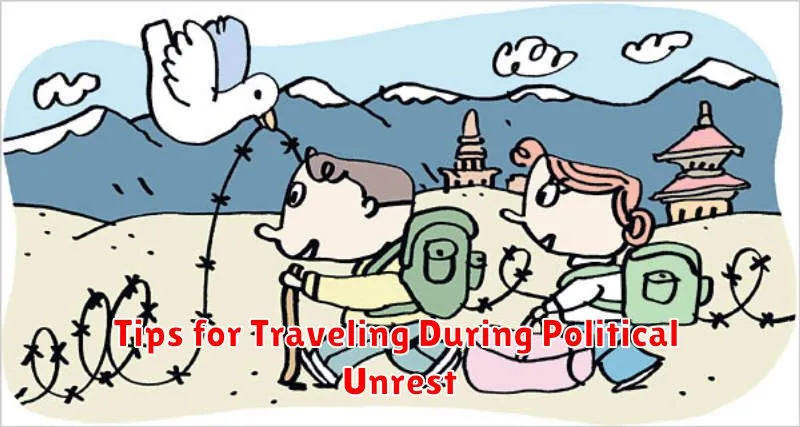Traveling during periods of political unrest can be a daunting prospect. Understanding the potential risks, from travel disruptions and safety concerns to the impact on local economies and infrastructure, is crucial for making informed decisions. This article aims to provide travelers with essential tips for navigating the complexities of travel in regions experiencing political instability, focusing on pre-trip planning, on-the-ground safety measures, and responsible tourism practices. Whether you’re a seasoned traveler or planning your first international trip, being prepared for the unexpected is paramount when political unrest is a factor.
Navigating travel during political unrest requires careful planning and consideration. From understanding travel advisories issued by your government and monitoring the evolving political climate, to securing comprehensive travel insurance and developing contingency plans, preparation is key to mitigating potential risks. This article explores essential tips for traveling to destinations experiencing political instability, covering topics such as communication strategies, cultural sensitivity, and ethical considerations. By addressing these crucial aspects, travelers can approach their journeys with a greater sense of preparedness and understanding, allowing for a safer and more informed travel experience amidst political unrest.
Check Government Travel Advisories
Before traveling to any region experiencing political unrest, consulting your government’s travel advisories is essential. These advisories provide crucial, up-to-the-minute information regarding safety and security concerns.
Your government likely has a tiered system, ranking the risk level from low to high. Pay close attention to the specific advice provided, which may include recommendations to defer non-essential travel or even outright warnings against visiting certain areas.
These advisories are based on assessments of the political climate, potential for violence, and the availability of consular services. Understanding the current situation will allow you to make informed decisions about your travel plans.
Be aware that the situation on the ground can change rapidly. Check advisories regularly, both before and during your trip, to stay updated on any developments that may affect your safety.
Avoid Protests and Public Gatherings

Protests and public gatherings, even those seemingly peaceful, can quickly become volatile and dangerous for bystanders. It’s crucial to steer clear of these situations entirely to minimize your risk.
Monitor local news and social media for updates on potential demonstrations or gatherings. If you encounter a protest, leave the area immediately and seek a safe location. Do not attempt to observe or participate. Even if you are not directly involved, you could be caught in the crossfire or become a victim of opportunistic crime.
Be aware that routes and transportation options can be disrupted during periods of unrest. Plan alternate routes and have backup transportation arrangements in place. Avoid crowded areas where protests are more likely to occur.
Have a Backup Exit Plan Ready
Political climates can shift rapidly. Having a backup exit plan is crucial for personal safety. Your primary plan might involve a flight from the main airport, but what if protests or road closures disrupt access? Consider alternative departure points like smaller regional airports, train stations, or even land border crossings.
Research and document these alternatives in advance. Note transportation options, routes, and estimated travel times. Keep this information readily accessible, both digitally and physically. A printed copy can be invaluable if internet access is disrupted.
Consider registering with your embassy or consulate when traveling to areas with potential unrest. They can provide valuable information and assistance in emergencies, including helping you access alternative transportation or exit routes if necessary.
Financial preparation is key. Ensure you have access to emergency funds in multiple forms, such as cash, credit cards, and traveler’s checks. Exchange currency beforehand, as banks and ATMs may become inaccessible during times of unrest.
Keep Emergency Contacts Handy
In times of political unrest, communication can be vital. Ensure you have a readily accessible list of emergency contacts. This includes local emergency services, your country’s embassy or consulate, and family members back home. Having these numbers pre-saved and potentially written down can be crucial if digital communication becomes disrupted.
Familiarize yourself with the local emergency numbers for the country you are visiting. In addition to general emergency services, consider noting down numbers for specific needs, such as medical assistance or natural disaster response. This preparedness can save valuable time in a crisis.
Inform someone at home of your itinerary and expected check-in times. Regular communication can offer reassurance and allow someone to raise the alarm if they don’t hear from you. Establish a communication protocol in advance to streamline this process. This person can also act as a liaison with authorities if necessary.
Stay Updated Through Verified Sources
Staying informed during periods of political unrest is crucial for your safety. Relying on accurate information allows you to make informed decisions about your travel plans and movements.
Seek out verified sources such as established news organizations, government travel advisories, and reputable international bodies. Avoid relying solely on social media or unverified online platforms for updates, as information can be quickly disseminated and may not be accurate.
Cross-reference information from multiple credible sources to get a more complete picture of the situation. Pay attention to official statements and warnings issued by local authorities and your own government’s embassy or consulate.
Be wary of sensationalized reporting. Focus on factual accounts and avoid spreading misinformation. Understanding the factual context of the situation will better equip you to navigate any potential challenges.
Register with Your Embassy If Needed

Depending on your destination and the severity of the political situation, registering with your embassy or consulate can be a crucial step. This allows your government to contact you in case of an emergency and provide assistance if needed. Registration is particularly important if you are traveling to a region experiencing significant unrest. It makes it easier for your government to account for your whereabouts and offer support during evacuations or other critical events.
While not always mandatory, registration is strongly recommended. Consider the potential communication challenges you might face during periods of unrest. Internet and phone services can be disrupted, making it difficult to contact your embassy if you require assistance. Prior registration streamlines this process significantly.
Rely on Travel Insurance for Emergencies
When traveling during periods of political unrest, travel insurance becomes paramount. Unforeseen circumstances such as sudden border closures, flight cancellations, or even medical evacuations can disrupt your trip and incur significant expenses.
A comprehensive travel insurance policy can provide financial protection against these risks. Ensure your policy covers trip interruptions, cancellations, and medical emergencies, including evacuation if necessary. Carefully review the policy details to understand the specific coverage related to political instability and civil unrest.
Consider policies that offer 24/7 emergency assistance services. These services can be invaluable in navigating complex situations, providing local support, and facilitating communication with embassies or consulates.
Don’t underestimate the potential for rapid changes in the political landscape. Travel insurance serves as a crucial safety net, offering both financial security and practical support should unforeseen events arise. It allows for greater peace of mind while navigating the complexities of travel during uncertain times.

